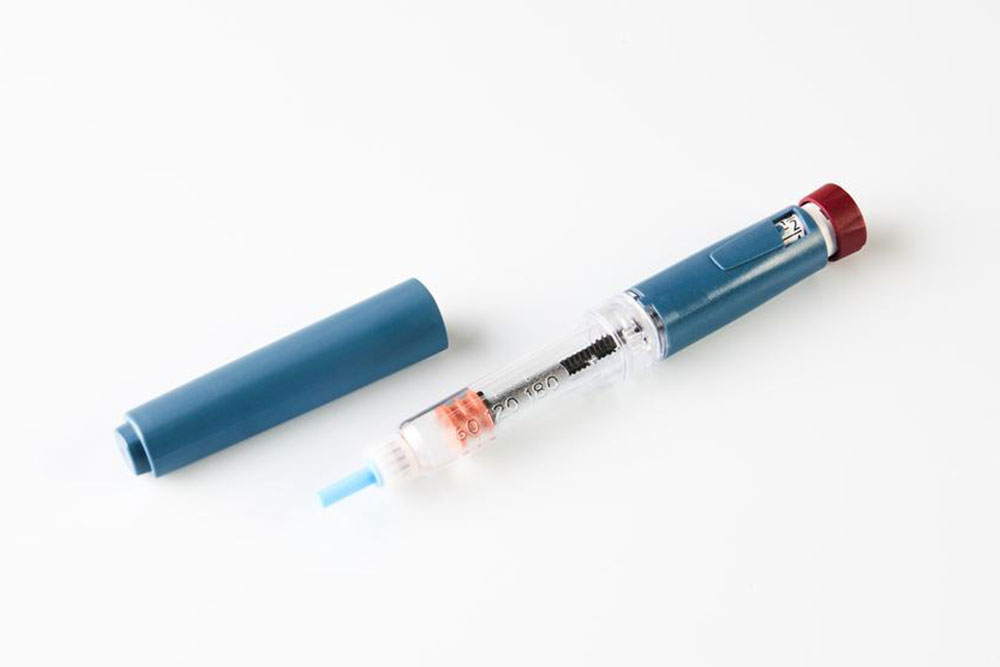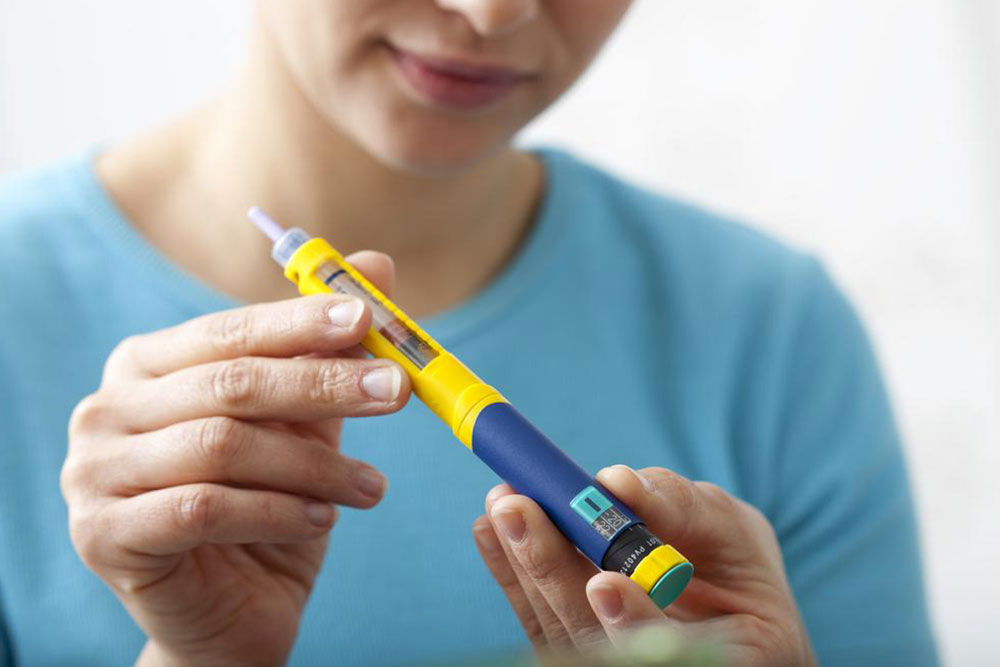Comprehensive Guide to Using Insulin Pens for Effective Diabetes Management
This comprehensive guide explores the evolution, usage, and benefits of insulin pens for diabetes management. Learn how modern insulin pens provide precise dosing, convenience, and improved blood sugar control while highlighting storage tips, best practices, and importance of proper training for effective self-injection. Suitable for diabetics aiming to enhance their health routine, this article emphasizes safe and confident insulin use practices for better long-term outcomes.

Comprehensive Guide to Using Insulin Pens for Effective Diabetes Management
Insulin, a crucial hormone naturally produced by the pancreas, plays an essential role in regulating blood glucose levels. It facilitates the absorption of glucose from the bloodstream into body cells, supplying them with energy or storing excess for future use. Maintaining proper insulin function is vital for health; imbalances can result in dangerous fluctuations in blood sugar, which, if left untreated, can lead to severe health complications. Managing insulin levels precisely is key to preventing the long-term consequences of diabetes, a chronic disease affecting millions worldwide.
For individuals diagnosed with diabetes, insulin injections are often a necessary part of managing their condition. Those with type 1 diabetes, who have an autoimmune destruction of insulin-producing cells, are dependent on external insulin sources to survive. Patients with type 2 diabetes, characterized by insulin resistance and sometimes insufficient insulin production, also frequently require exogenous insulin to maintain optimal blood sugar levels. Proper insulin administration helps prevent acute episodes such as hyperglycemia (high blood sugar) and hypoglycemia (low blood sugar), both of which can be life-threatening if not managed appropriately.
The risks associated with poorly managed diabetes are significant. Uncontrolled high blood sugar can lead to complications including cardiovascular diseases like heart attacks and strokes, kidney damage (diabetic nephropathy), nerve damage (diabetic neuropathy), and eyesight deterioration leading to blindness. Conversely, low blood sugar episodes can cause dizziness, confusion, and loss of consciousness. Consequently, effective disease management strategies—including precise insulin administration—are vital for reducing these risks and ensuring a long, healthy life for diabetics.
The development of insulin pens marked a significant advancement in diabetes care. Since the creation of the NovoPen in 1985, insulin delivery technology has evolved remarkably, emphasizing safety, accuracy, and convenience. Modern insulin pens are designed to be portable, discreet, and easy to use, allowing patients to administer injections anytime and anywhere without the need for extensive medical equipment or hospital visits.
Mastering the correct use of insulin pens can greatly improve blood sugar control, reduce missed doses, and increase overall quality of life. Proper training, initially provided by healthcare professionals, ensures safe and effective use. Once familiar with the injection process, many patients become confident in self-administration, fostering independence and consistency in their diabetes management routines.
Insulin pens are widely available through medical stores, hospitals, and online platforms, with prices varying typically from $20 to about $90 depending on brand, features, and whether they are disposable or reusable. Proper storage of insulin pens is crucial: unopened pens should be kept refrigerated, while opened pens can be stored at room temperature away from direct sunlight and extreme temperatures. Always verify the expiration date before use, and adhere strictly to your healthcare provider’s prescribed dosage to ensure safety and effectiveness.
In addition to proper storage and usage, regular monitoring of blood glucose levels is essential to tailoring insulin doses appropriately. Using insulin pens in combination with continuous glucose monitoring devices enhances the accuracy of blood sugar management, preventing both short-term and long-term complications. Remember, staying educated about the latest developments in insulin delivery and diabetes care is crucial for maintaining optimal health and preventing managing complications effectively.





